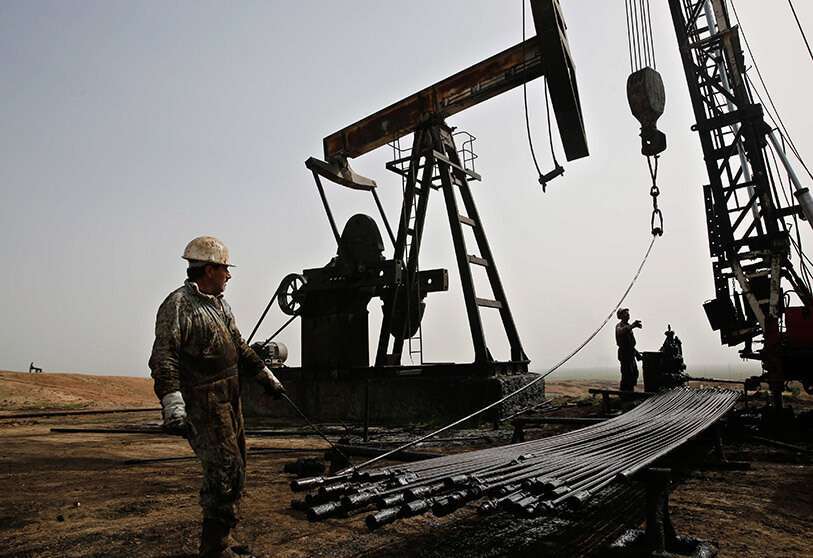Iran accuses Turkey of supporting Syrian 'terrorists'

Tensions between Tehran and Ankara are rising. The Iranian news agency Fars News has published an article accusing Turkey and its main political party, the AKP, of assisting "terrorists". This comes as the world is going through a new socio-political crisis as a result of the conflict between Russia and Ukraine.
Recep Tayyip Erdogan's government has not been left behind in the crossfire of criticism, claiming that Iran "is trying to take advantage of the crisis in Ukraine and strengthen its own position in the Syrian arena". The Jerusalem Post notes that shortly after Moscow launched its offensive, the Syrian and Iranian regimes increased their strategic and military ties.

Fars News notes in its publication the fluctuation of Turkish foreign policy as, in recent years, it has gone from having no problems with its neighbours to wanting to build a new Ottoman Empire. The spread of terrorism was seen by the Eurasian executive as the perfect opportunity to expand its influence in Damascus.
Moreover, it sought to secure its authority by supporting these armed groups after the possible overthrow of Bashar al-Assad's regime. A significant part of that array was led by the Syrian Muslim Brotherhood faction and Erdogan has his roots in the Brotherhood.
The Iranian agency's statement highlights how Ankara collaborated with the Atlantic Alliance and other Arab nations to arm terrorists in Syria. Several media outlets point to Turkish official Hakan Fidan as the one in charge of arranging funding in this delicate process.

"A special operations room was set up in Turkey in cooperation with the US and other NATO member states, and thousands of terrorists from various countries travelled to Turkish airports to go to Syria." It also bought oil produced by Daesh in the eastern fields of the region.
Sergei Lavrov, the Russian Foreign Minister, showed at the UN Security Council images recorded by his drones showing a long line of Islamic State of Iraq and Levant (ISIL) oil tankers heading to Turkey to unload cargo.

The question is why Iran has brought these matters to light now. The presence of Turkish military in certain Syrian areas and their interaction with terrorist groups is no longer a secret. And many of these groups have continued to rule with the help of the AKP regime.
The Syrian president travelled to the United Arab Emirates to meet with the crown prince of Abu Dhabi and the emir of Dubai. Iran believes that Erdogan was caught off guard by this development, as he has been trying to 'revive his relations with Arab countries, including the UAE, for some time due to the severe financial crisis' at home.

Ankara has damaged itself by trying to back extremist factions and Fars News believes it is time for the Turkish leader to get his foreign policy on track with serious reforms, cut relations with terrorist groups and dispense with 'useless' projections and accusations.
Meanwhile, the Turkish Radio and Television Corporation (TRT) believes that Tehran may be increasing its position in Iraq and Syria. Researchers have witnessed increasing Iranian transfers of weapons, missile defence systems and drones from Iraqi terrain to Syria and Lebanon. One of the indirect causes of the increased arms flows is the weakening of relations between Russia and Israel.








